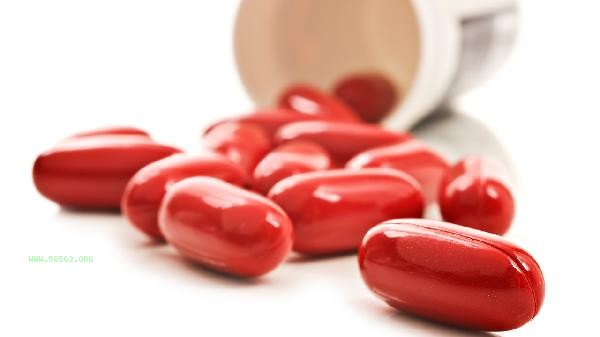Eating DHA generally does not require additional supplementation of vitamin D, but it needs to be judged comprehensively based on individual nutritional status and dietary structure. DHA is an omega-3 fatty acid that mainly promotes brain and visual development; Vitamin D helps with calcium absorption and bone health, which have different functions and usually do not require synergy. Deep sea fish, egg yolks, and other foods in daily diet can provide both nutrients at the same time. If there are no symptoms of deficiency or there is no need to deliberately supplement them. The physiological mechanisms of DHA and vitamin D are independent. DHA participates in cognitive function by forming nerve cell membrane, while vitamin D needs to regulate calcium and phosphorus metabolism after liver and kidney activation. Healthy adults can obtain sufficient DHA through a balanced diet, such as consuming salmon or mackerel 2-3 times a week; Vitamin D depends on sun exposure or fortified foods, and in northern regions, serum levels may need to be evaluated before deciding whether to supplement. Excessive supplementation of both may pose risks, with excessive DHA potentially affecting coagulation function and excessive vitamin D potentially leading to hypercalcemia. Special groups such as pregnant women and infants need to be treated differently. The increased demand for DHA during fetal development may require additional supplementation, but vitamin D should be determined by an obstetrician after evaluating the breast milk content or formula dosage. Premature infants, twins, and other high-risk groups with vitamin D deficiency may need to supplement both nutrients under the guidance of a doctor, but strict adherence to dosage recommendations is necessary. Patients with chronic diarrhea and fat absorption disorders may have insufficient absorption of fat soluble vitamins and need to monitor their vitamin D levels.

When choosing composite supplements, attention should be paid to the proportion of ingredients. Some fish oil preparations may contain vitamin D, so it is necessary to check the label to avoid repeated intake. The supplementation of vitamin D should also consider the synergistic effect of calcium supplements, while DHA supplementation should pay attention to the EPA ratio. It is recommended to calculate daily intake through dietary assessment tools, prioritize obtaining nutrients from natural foods, and if necessary, develop personalized plans under the guidance of clinical nutritionists. Regularly monitor relevant indicators and adjust supplementary strategies.





Comments (0)
Leave a Comment
No comments yet
Be the first to share your thoughts!